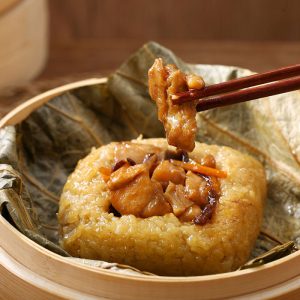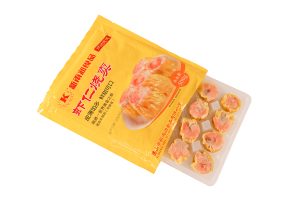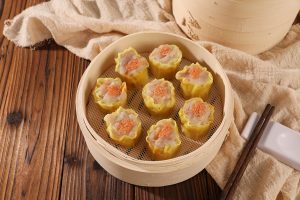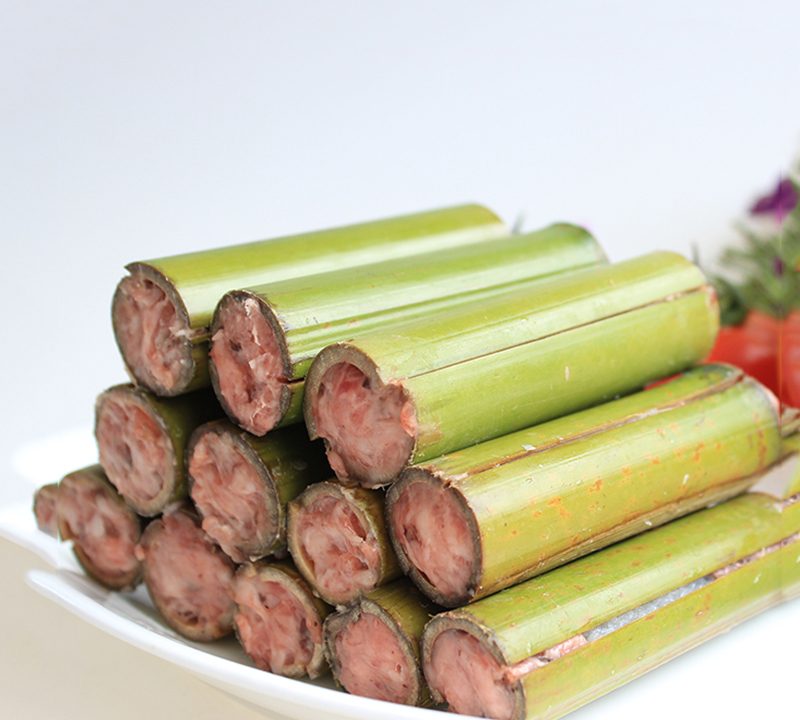Importing dim sum from a Chinese factory can be considered a good business opportunity for several reasons, although it also comes with its own set of challenges…do you wanna do it for making more money? Here are some potential advantages:
Advantages
- Market Demand
- Growing Popularity: Dim sum has gained popularity globally, particularly in areas with large Asian communities and in gourmet dining scenes.
- Health-conscious Consumers: With a trend towards healthier eating habits, dim sum can be marketed as a lighter option compared to traditional Western fast food.
- Cost Efficiency
- Lower Production Costs: Labor and production costs are often lower in China compared to many Western countries, which can result in more competitive pricing.
- Economies of Scale: Large-scale production facilities in China can produce dim sum at a lower cost per unit, allowing for better pricing strategies.
- Quality Control
- Specialized Factories: Factories in China that specialize in frozen or pre-packaged foods might have advanced quality control systems and expertise in food preservation.
- Certifications: Many factories comply with international food safety standards such as HACCP (Hazard Analysis Critical Control Point) and ISO certifications, ensuring product safety.

- Supply Chain
- Logistics: Established logistics networks in China can ensure efficient delivery of products to various parts of the world.
- Stability: Large-scale operations can provide a stable supply chain, reducing the risk of stockouts.
- Product Diversity
- Variety: Factories may offer a wide range of dim sum products, including traditional favorites and innovative flavors, catering to diverse tastes and preferences.
- Branding and Marketing
- Unique Selling Proposition: Importing authentic Chinese dim sum can be a unique selling point, especially in markets where such products are not readily available.
- Marketing Opportunities: There are opportunities to market the authenticity and cultural heritage associated with the product, appealing to consumers interested in exotic cuisines.

Challenges
While there are advantages, there are also several challenges to consider:
- Regulatory Compliance
- Import Regulations: Understanding and complying with import regulations and tariffs can be complex and require significant paperwork.
- Health Inspections: Imported food products must pass health inspections and meet local health and safety standards.
- Transportation Costs
- Shipping Expenses: Depending on the distance, shipping costs can be substantial, particularly for perishable goods requiring refrigeration.
- Cultural Sensitivity
- Adaptation: Adapting products to local tastes and dietary restrictions (e.g., halal, kosher, vegetarian options) may require additional efforts.
- Brand Recognition
- Building Trust: Building trust with consumers who may be unfamiliar with the brand or the authenticity of the imported products can be challenging.
- Supply Chain Risks
- Quality Consistency: Ensuring consistent quality over time can be difficult, especially if there are changes in suppliers or production processes.
- Currency Fluctuations: Exchange rate fluctuations can impact the cost of goods imported from China.
Conclusion
While importing dim sum from a Chinese factory can be a promising business idea due to the growing demand and cost efficiencies, it requires careful planning and execution to navigate the logistical and regulatory challenges effectively. Conducting thorough market research, understanding the target audience, and establishing strong relationships with reliable suppliers are crucial steps in making this venture successful. If you need specific advice or further details on any aspect of starting this business, feel free to ask!





